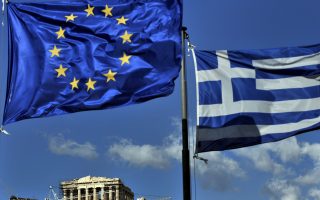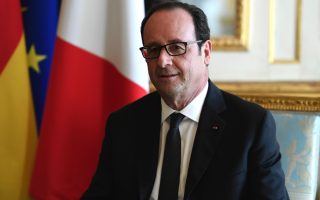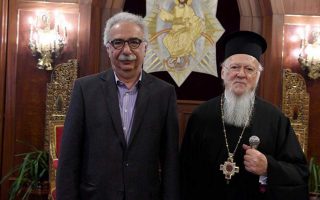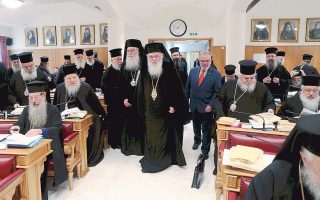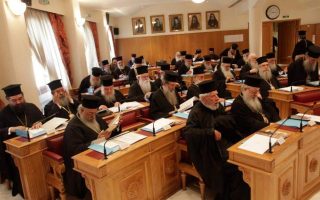PM Tsipras’s four policy pillars
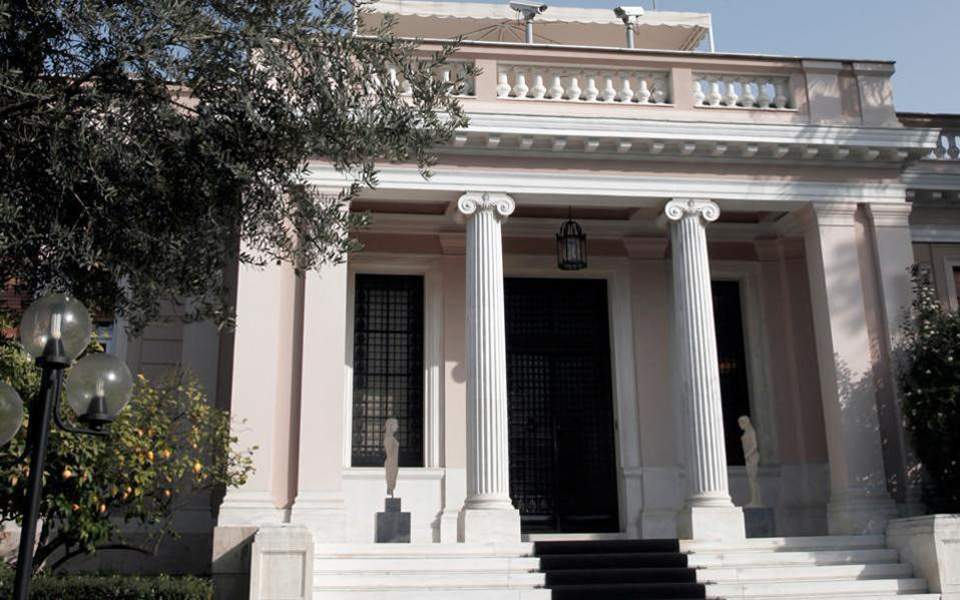
Alexis Tsipras concludes this weekend ten days of frenzied activity during which he deployed virtually the totality of his strategy in the runup to the next national election, sometime during the next year.
Beginning with the prime minister’s speech to the SYRIZA parliamentary group, Tsipras’ initiatives followed one another in rapid succession, unofficially opening the election campaign and making clear his intent to shake up things.
The basic pillars of government pillars through which Tsipras attempts to narrow his lag at the polls, if not altogether eliminate it, are the revision of the Constitution, the report on health sector scandals, the “partnership agreement” between Church and State and his international contacts through the weekend visit to Berlin and Paris.
First, the Constitution. The Prime Minister and his aides hope that the revision commission, which will first meet on Wednesday, will highlight the differences with the conservatives of New Democracy and help forge a “progressive front” that will include the opposition’s center-left parties. They also hope that the socialists of the Movement for Change, and even the center-right New Democracy, despite condemning the whole process as nothing more than a PR sham, will be hard pressed to vote against proposals popular with the public such as reduced legal protection for ministers.
At the same time, the report on health sector scandals is still to be finalized. Tsipras and his aides believe it is entirely possible that it will lead to further investigations that will allow SYRIZA to taint its political opponents as the old establishment that bankrupted the country. Tsipras himself in a recent TV interview spoke of scandals and wondered whether justice will be served, proclaiming that, under him, “there is no such thing as impunity.”
The government also believes it only has to gain by the newly proclaimed “religious neutrality” of the state, with the blessing of the head of the Orthodox Church of Greece himself. They also see it as placating the party’s restive left wing.
The invitations extended to Tsipras by Germany’s Social Democrat leader Andrea Nahles to speak at the SPD Congress and by French president Macron to attend Sunday’s commemoration of the century from the end of World War I are seen by the government as enhancing his stature with Europe’s center-left and helping his strategy to force the Greek center-left parties to an “alliance” in which they would be little more than SYRIZA's satellites and in which their voters would opt for the larger party.
Having mentioned those policy pillars, we should also note Mr. Tsipras’ presence, last week, at an Air Force event. There, the Prime Minister reached out to a constituency that does not traditionally vote for his party by announcing the payment of back pay to officers. This dovetails nicely with his strategy to reduce the vote intention gap, as reflected in most current opinion polls that credit New Democracy with a lead close to 10 percent. A veteran SYRIZA politician noted recently that Tsipras has been incorporating in his speeches words that used to be taboo to the left, such as “fatherland” and “entrepreneurship.”
